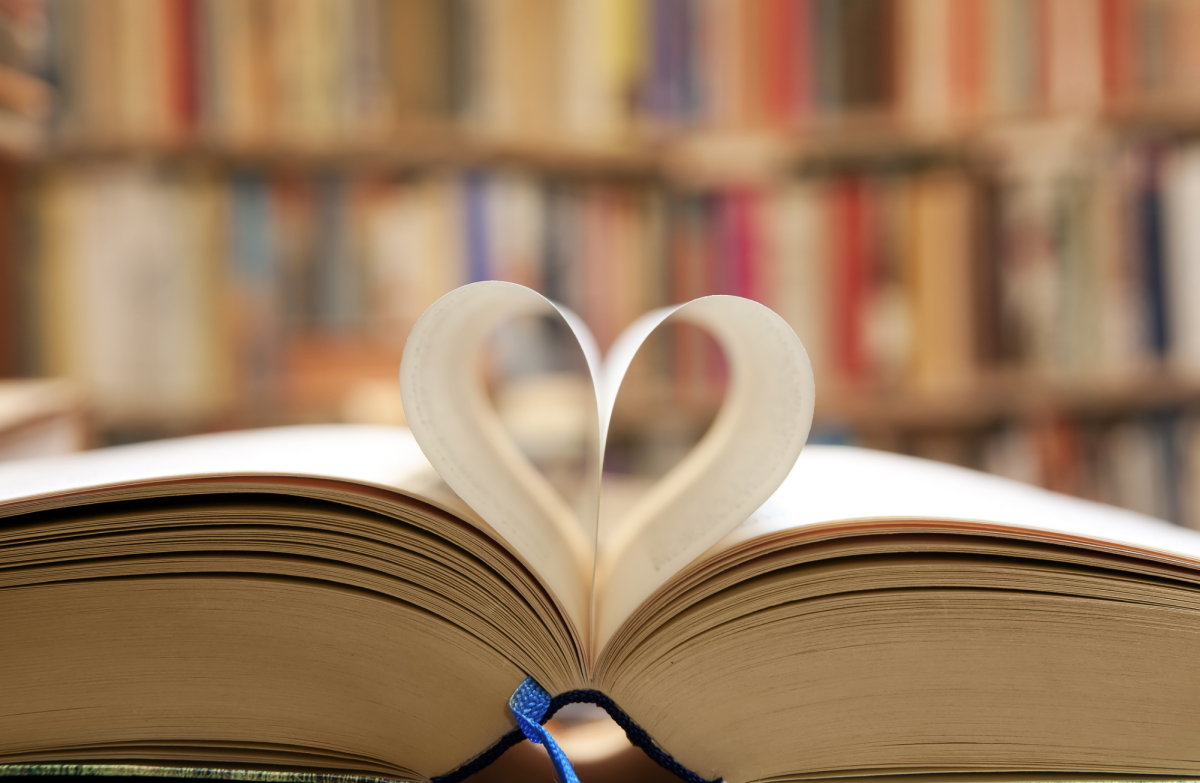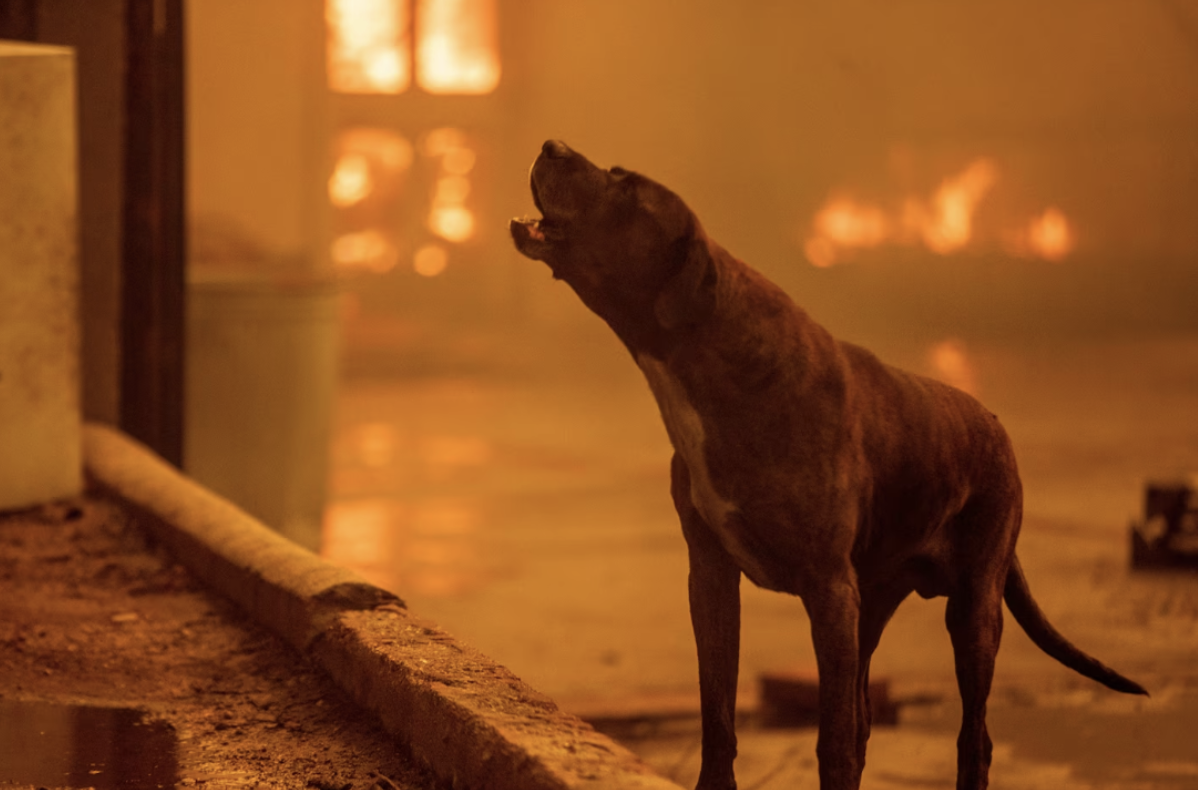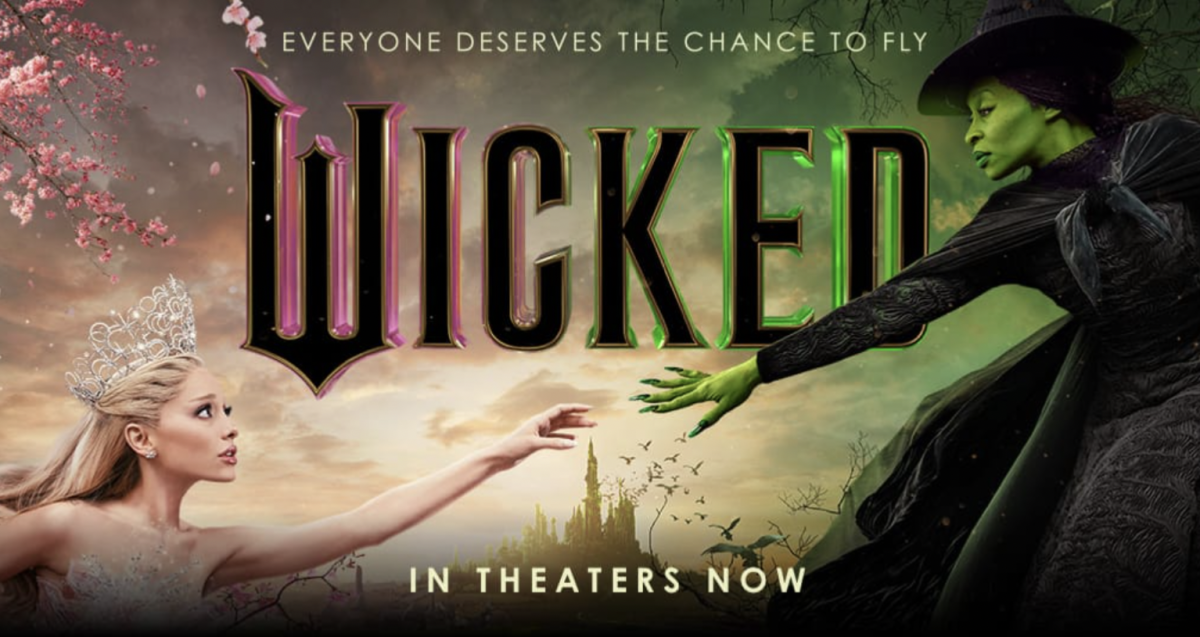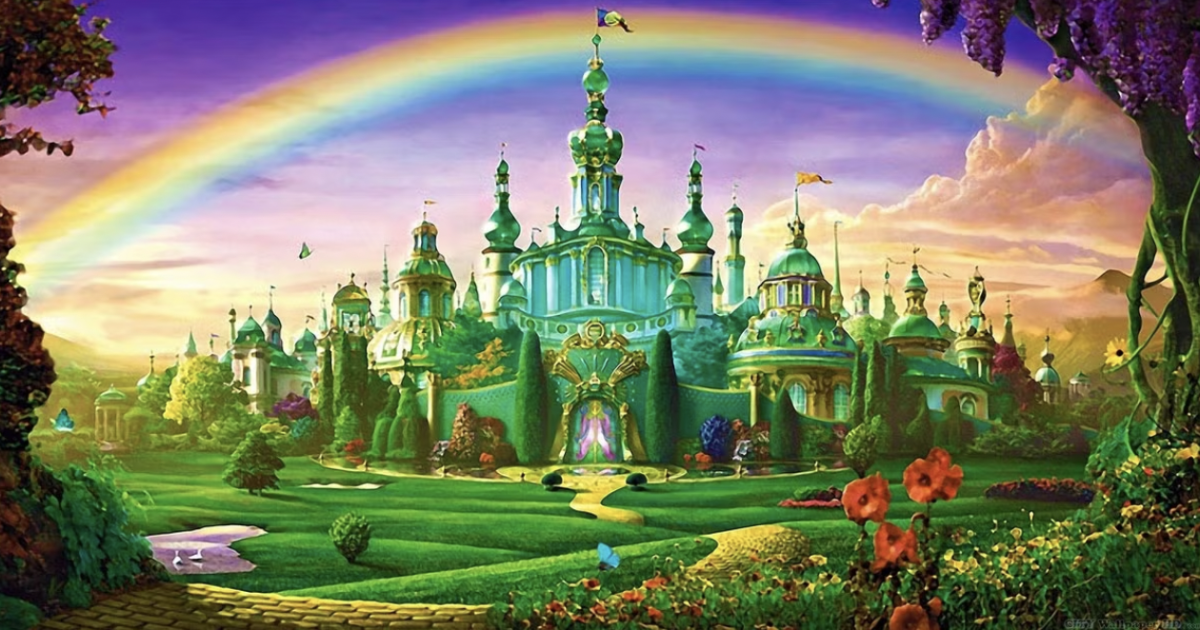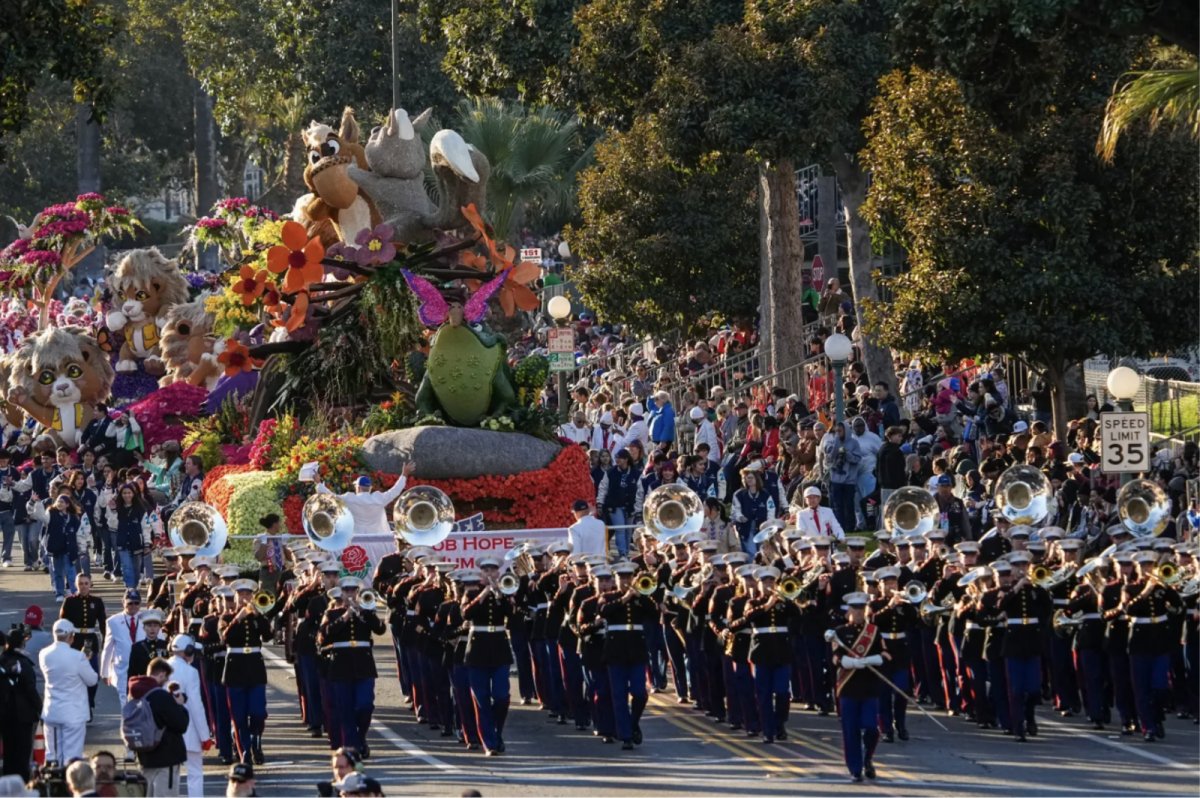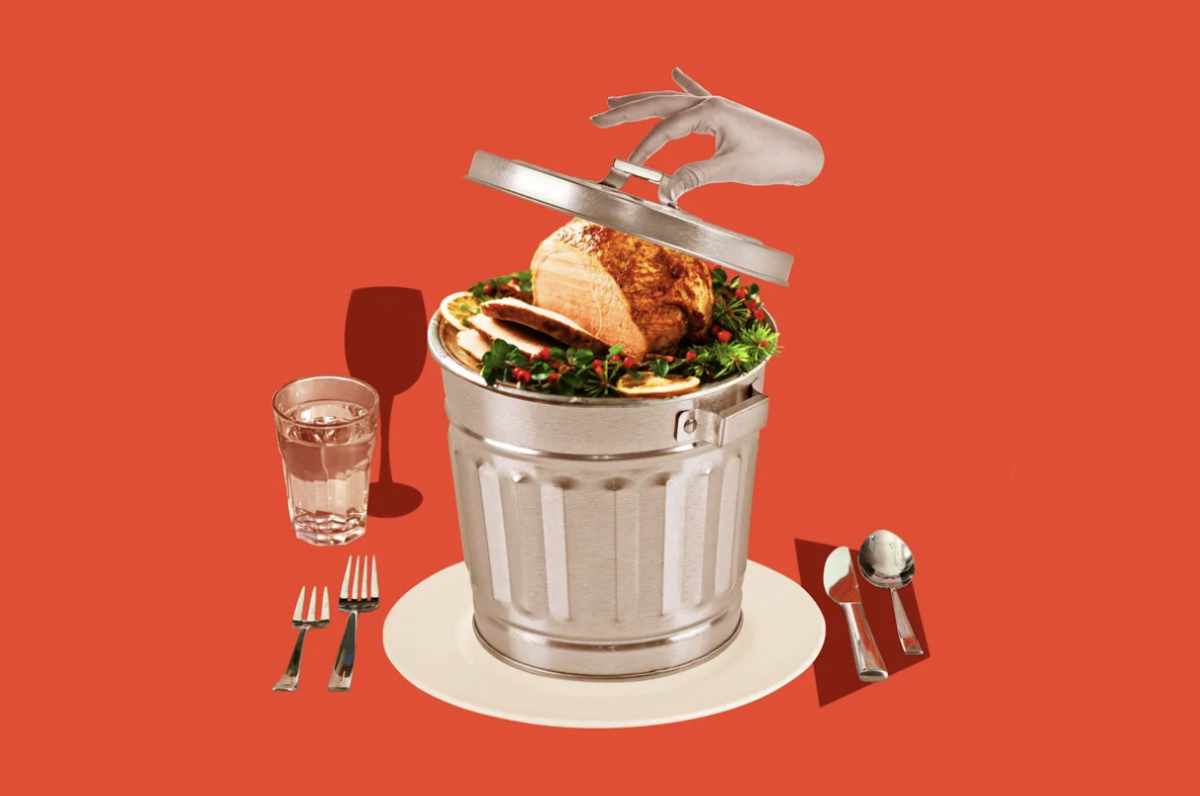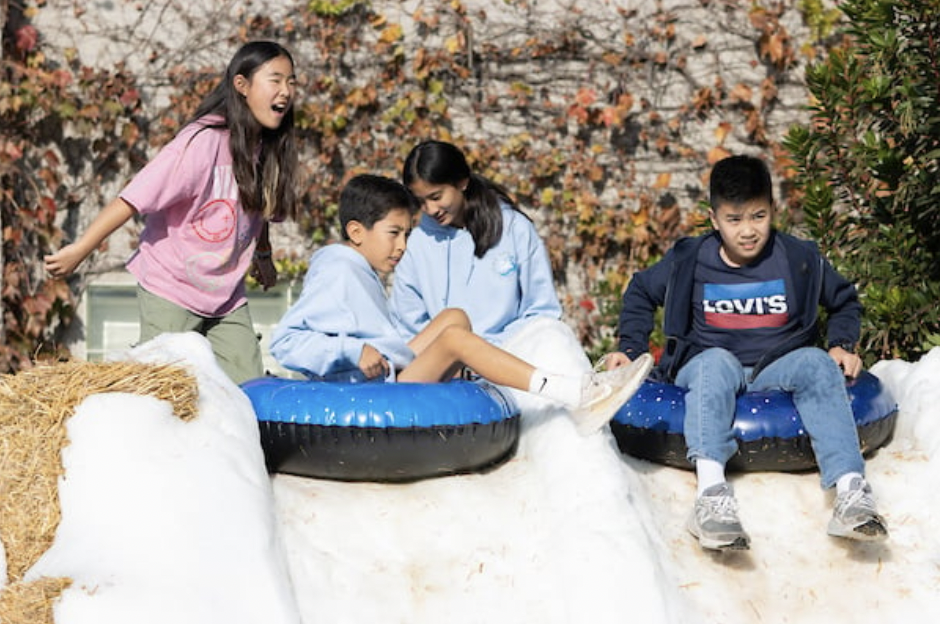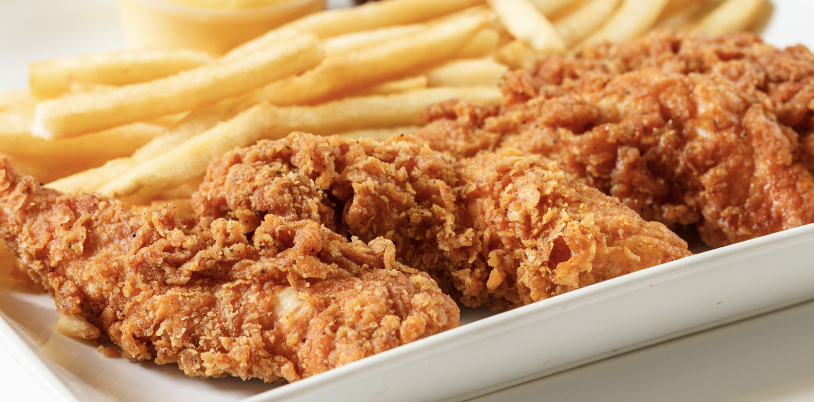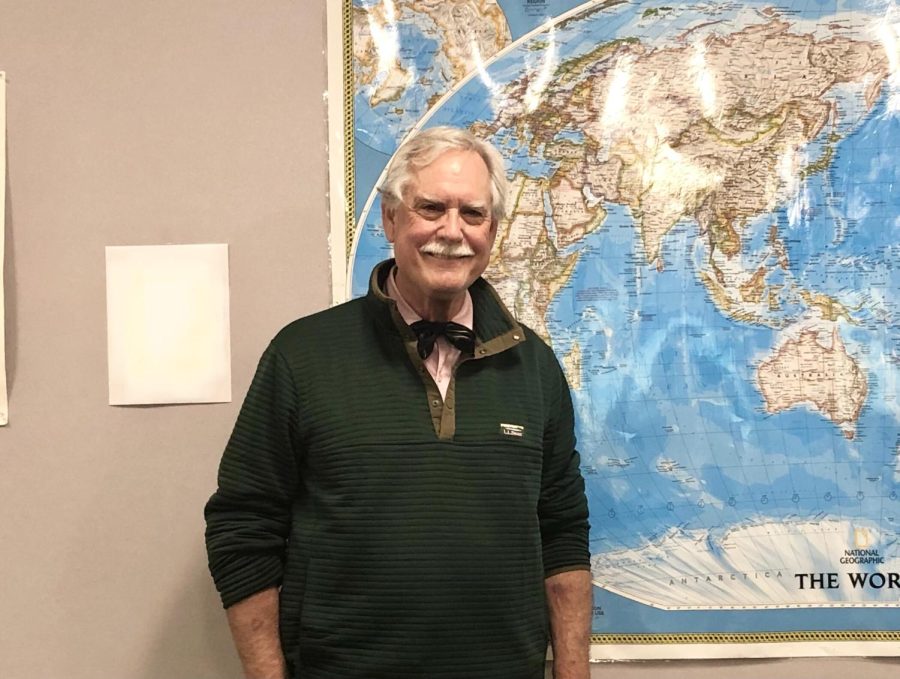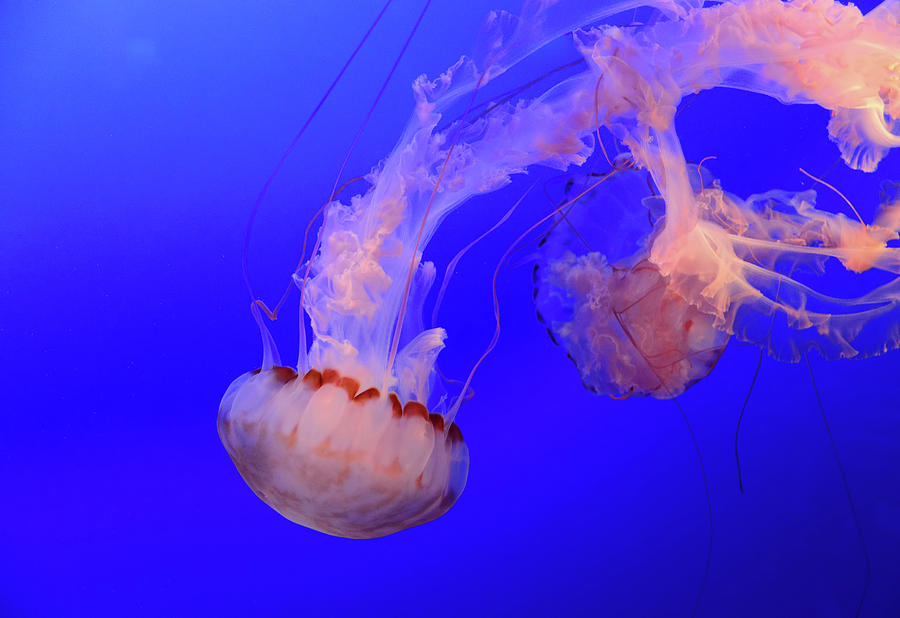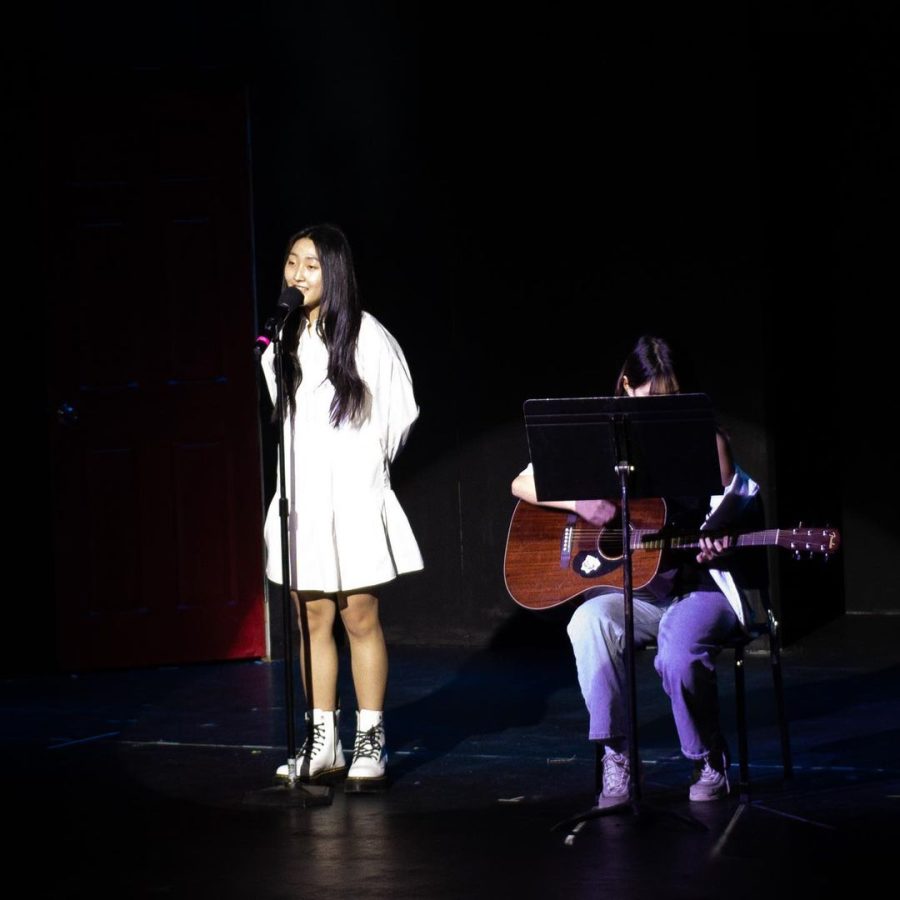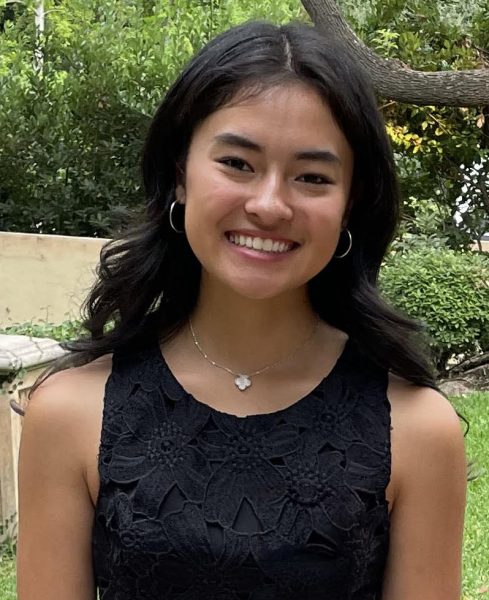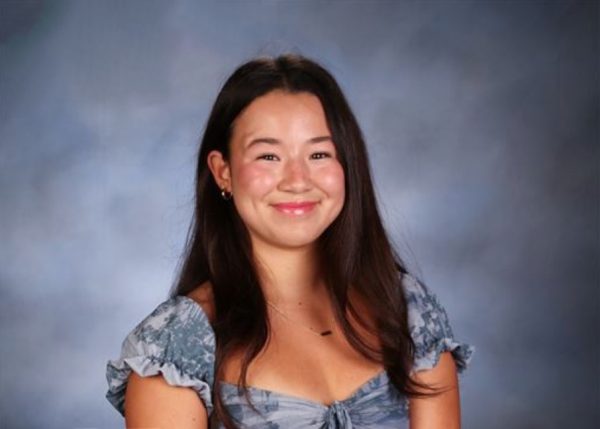Next fall, seniors will have the opportunity to fall in love with a new English class taught and curated by Ms. Balliet with Notions of Romance in Literature. Seniors have the unique chance to immerse themselves in highly specific English offerings and Ms. Balliet’s class is a thorough examination of every aspect of romance and the development of the genre over centuries with a diverse selection of texts from classic romances like Pride and Prejudice to modern cult-favorite rom-coms like Beach Read by Emily Henry.
Hi Ms. Balliet, please provide a brief description of the class.
Basically, we’re going to trace the origins of the romance novel and what it says about society today, or the time period in which it was written, because everybody writes romance novels mostly because, let’s be real, they were mostly written by women and they’re about women’s pleasure, and we’re like, ‘no how dare we talk about that…” Think about the romance novel now; if we were to write The Great Gatsby now, I’d like to believe we’d talk more about Daisy and less about her as some big metaphor for Gatsby to get his shit together. And instead, we like the books that have always been loved, like men seeing women as some sort of goddess and moving on. These books that romance should be about are about women taking agency, often. even if they’re like the damsel in distress at some point… [they] will take agency, and I want to look at them as feminist texts and not just ‘oh you know, the guy with the giant muscles throws her over his shoulder and takes her somewhere,’ even though that can be fun.
How did you come up with this class?
I love fairytales and I love romances, and I realized Fairytales was going to be too close to Ghost Stories, and [the school] was like, ‘Well, would you like to teach a senior elective?’ and I think I was in the midst of reading – oh, I don’t even know, one of them – and I was like, ‘Oh, I wonder if I could pull this off,’ so then I started putting together a lot of my research into gothic romances, because I was originally looking at maybe doing a part- time Ph.D.Ph.D. while I was teaching into that world, and then I was like, ‘I can use half of that,’ and then I kept going. Plus it’s just fun. One of my favorite classes at USC was a Feminist Lit class, but [my professor] did this cool thing with someone, I think Tania Modleski… she’s a very famous in the gender studies world, but she had us read a legit Harlequin romance – they’re out of Canada, but you know the one with the bodices and all that – and then we had to analyze it. What does this say about culture and gender stereotypes? And I remember that blew my mind because I was like, ‘I’m reading kind of a steamy book here for class but we’re really analyzing it,’ and so once I saw you could do that, I was like, ‘Oh my gosh, you can look at anything through this lens.’
What books are you planning on teaching and why did you choose them?
Great questions! I’m going to first have you all take a poll, poll the class, and decide what we’re interested in. We’ll need to start with some foundational tropes and things so we’ll look at chivalric knights and this one poem, and how chivalry started the whole romance thing with knights. You know if you were a knight you couldn’t look at a lady, and you had to be all respectful, and then where did that go, and now we’re really into some stuff that’s downright dirty. And then we’ll go from there to looking at the byronic hero trope through reading excerpts. We’re going to read some Twilight, we’re going to read some Jane Eyre, just excerpts from those and you can all read [them] on your own if you want. And then… we’re going to have to look at either Giovanni’s Room, which is a James Baldwin novel about two men and they never find happiness because back then – these were both written in the 50s – and basically, if you were queer you did not have a happy ending, and then The Price of Salt, which is a great novel by Patricia Highsmith, which was the first happy ending queer romance, except she still loses her daughter. She doesn’t even get to keep her kid, she just gets to date the woman. So then we’ll move on to romantic comedies, which we’re going to watch. We’re going to see Pretty Woman and then compare that to fairytales, and then when we get to the more modern ones I will give you guys a choice, because you know some of these can be pretty explicit, so I don’t want to force everyone to read a sex scene if they don’t want to and well go from there. So there’s a lot of choice in this class on what romance vibe we want to go for.
If you could meet any characters from the books in the class, who would it be and why?
Oh, that’s such a good question! So I love this book. Oh yeah, this is another book we’re reading: This is How You Lose the Time War which is actually a novella, but it involves basically a post-singularity technotopia and these two warring factions who are both trying to go back in time, kind of like Terminator, fighting each other. But basically, there’s red and blue and they keep writing each other notes that become more and more of a love letter type thing, but they’re basically two badass women both trying to one- up one another, but in the vein of Mr. and Mrs. Smith, they of course have fallen in love at the same time while they’re like “oh no.” But anyway, I won’t spoil it, but I like to read these like badass cyborg women.
Do you have any must-read romance novels that may or may not be covered in the class?
Yeah, well, I love Red, White, and Royal Blue, but I love Jane Eyre. I can’t teach Jane – that’s the one I should say – Jane Eyre I can’t teach [it] because it’s 500-something pages long. It would be too long for the class. But that’s my ultimate romance, and it’s always appropriate because there’s no sex scenes.
Why is it important to read romance novels?
Oh, man. I feel like romance novels are probably the most realistic novels out there, even though they’re also very unrealistic. But they tell you a lot, if you read between the lines, about culture and identity and what’s happening today. Even if you’re not reading it for – because for example if I were to look at the plot of Red, White, and Royal Blue versus A Court of Thorns and Roses – they tell you so much about society at the time. Like… men who are problematic but why are they sexy, right, like what does it say about society that we find that kind of abuse enticing. So you actually learn a lot about people and now that romances have gotten a lot more diverse we can have Crazy Rich Asians and others and… we can start to appreciate it more… There are [books] where you don’t realize until halfway through that it’s about two women in love and we can accept that.
This isn’t explicitly about the romance class but how do you think being a Prep alumna has influenced your teaching?
I would say I remember how stressed out I was as a Prep student, so when I was thinking of classes that I could teach I wanted ones that would be fun to engage in and not a lot of stress. Especially for senior year, because I just remember what a quote unquote – I don’t want to swear – it was just a mess of emotions and a lot of stuff was going on. I also feel like at Prep we didn’t have, when I was a student, as many options to read just fun books and analyze them more as a scholarly source. We were just, it was like, well Twilight wasn’t out yet, but those types of books were, you know, Harry Potter was one thing. No one would’ve thought there would be a Harry Potter class, and now Harry Potter is problematic because J.K. Rowling says terrible things. But you know, yeah, I like the idea of changing that where we can look at these texts and maybe think they’re fluff and realize they’re not actually.
Growing up and going through school, have you always read romance books?
Yes, though I never would have admitted it. In fact, my tenth grade English teacher openly mocked romances and I would join in secretly in the laughter and then go home and read romances on my own. I mean he was disparaging them.
What’s your favorite romance trope?
I really love enemies-to-lovers. I freaking love it, if I see it on the thing I’m like ‘yes,’ or if the guy is a jerk but secretly has a heart of gold. Big fan of that. Super problematic, especially if you compare it to the Bluebeard fairy tale.
*when asked about friends-to-lovers*
I like that one a lot, and I was madly in love with my high school best friend, so I wish that could’ve worked out, but then I went, ‘Well if I can’t have him, enemies-to-lovers, man, let’s just hate each other.’
With things like ‘BookTok’ and a lot of social media platforms being used to spread romances and new novels, where do you see the romance industry going?
I think it’s almost becoming more democratic. Actually, a whole section of our class is about BookTok and how people used to say YA saved the industry, and now they’re saying, you know, BookTok and romance in general have saved it, because I feel like the pandemic hit, but I don’t know about your generation, but every woman I’ve just spoken to recently – and man – is obsessed with romance novels right now and Ii feel like they just exploded in popularity. I was at Vroman’s and they have a whole section when they used to never do that! They never would’ve done that when I was a student, and so I feel like it’s become more acceptable to say you like this. I don’t know if I would’ve taught this class here ten years ago. If I would’ve been like, ‘Can I teach a romance class?” I feel like Prep would’ve been like, ‘What?” But I feel like we’re all more understanding and this is what the people want… The woman who wrote A Court of Thorns and Roses, Sarah J. Maas… started out by self-publishing, same with… Colleen Hoover so [they] all are self-published and then suddenly blew up.
Do you think that guys are going to be afraid to take your class?
This is a big concern of mine. I hope not. I actually think it would be really interesting for them if they want to see what all is out there. I will say, that whenever I’ve taught Jane Eyre, or I did The Price of Salt once, the men usually actually really respond to it. I think they get it, they either see their own sisters or friends or they’re just like, ‘Oh, this is interesting to look at a different point of view.’ We shouldn’t just look, I mean sadly people do, but romance is not just for women. There’s an Esquire article that I’ll make us read about why men should read romance novels. Or I worry they’ll just take it because they think it’ll be easy.
Since you brought up fairytales earlier, how do you think they influence the way that we grow up viewing romance?
Oh, I mean we all wanna be rescued. At least when I was a kid, I mean I feel like maybe they’ve gotten better, but I grew up with The Little Mermaid and Beauty and the Beast, so it’s all about being rescued, and even if the guy isn’t interested in you he will end up being interested in you, and it’ll work out. Basically, women are always competing: Cinderella is competing with her sisters, Ursula shows up suddenly as another attractive woman to compete…everybody is competing. It’s all about getting that ring, which is such a terrible thing. Getting that ring and getting married and having your happily ever after for a dude. Yeah, they’re terrible. I mean, at least I feel like Frozen‘s trying to self-correct, and I haven’t seen more of the recent ones. I’m sure I’ll have to watch all of these with my own kid, but yeah, it’s terrifying.
Is there anything you feel is really important to share in this interview?
I just want to look at diverse perspectives… There’s been a big issue, especially with YA (young adult) romances… A lot of straight white women are writing queer YA and there’s been a big discussion on whether that’s fair or appropriating or whatnot, and so I’m trying to find texts from all walks of life, all identities. The only one I don’t have right now is older; there’s my grandmother, [she] was like, ‘What about us old folks?” and I was like, ‘Oh frick,’ so now I’ve got to find stuff like that. But yeah, it’ll be fun.

